Scroll

Topics of Research
View fullsize
![Studying the Brain]()
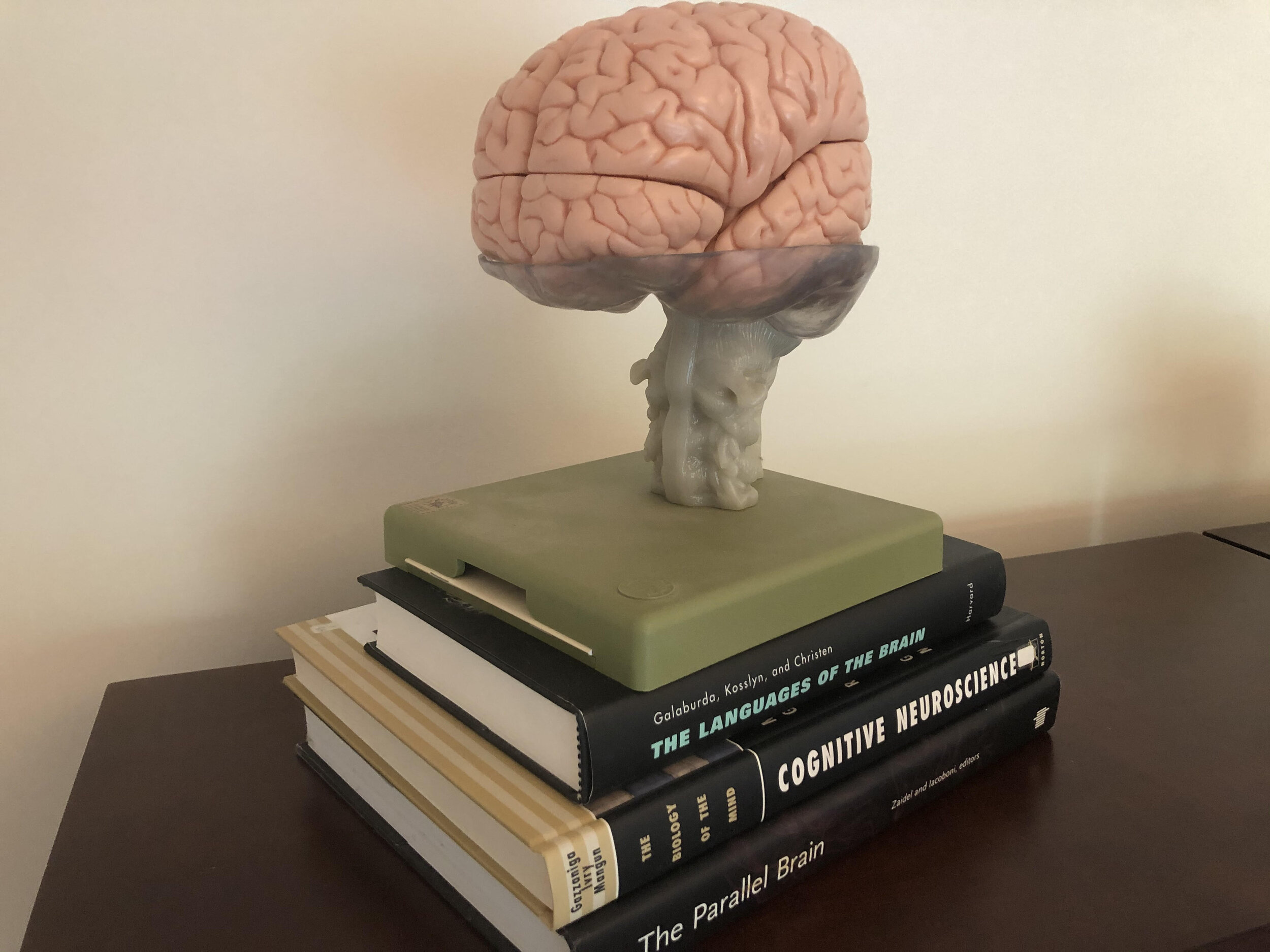
Studying the Brain
View fullsize
![Anatomy]()

Anatomy
View fullsize
![Regions of Interest]()

Regions of Interest
View fullsize
![Measuring the brain]()

Measuring the brain
View fullsize
![Neuroimaging]()

Neuroimaging
View fullsize
![Multimodal]()
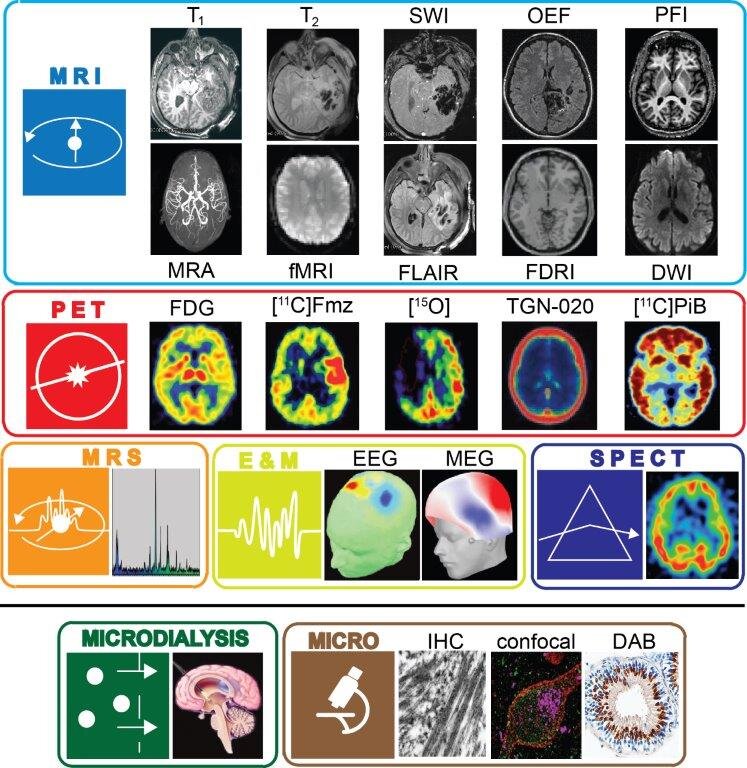
Multimodal
View fullsize
![Patient Samples]()

Patient Samples
View fullsize
![Modeling]()

Modeling
View fullsize
![Sulci and Gyri]()

Sulci and Gyri
View fullsize
![White Matter, matters...]()

White Matter, matters...
View fullsize
![Pathways]()
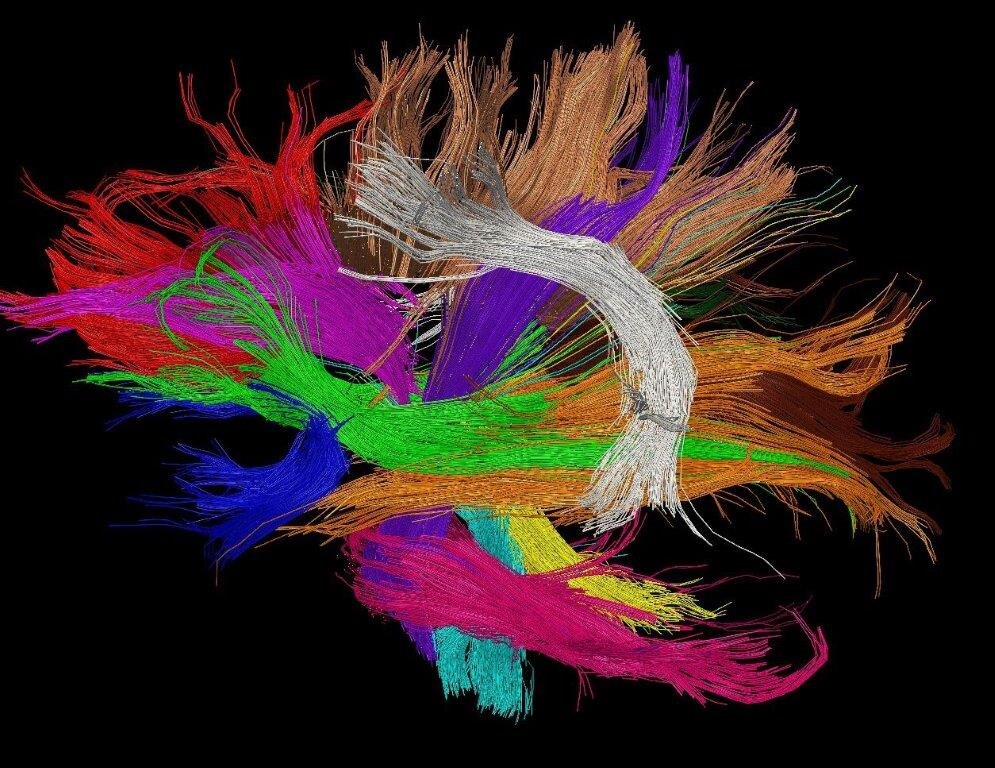
Pathways
View fullsize
![Brain Networks]()

Brain Networks
View fullsize
![Circles are better]()
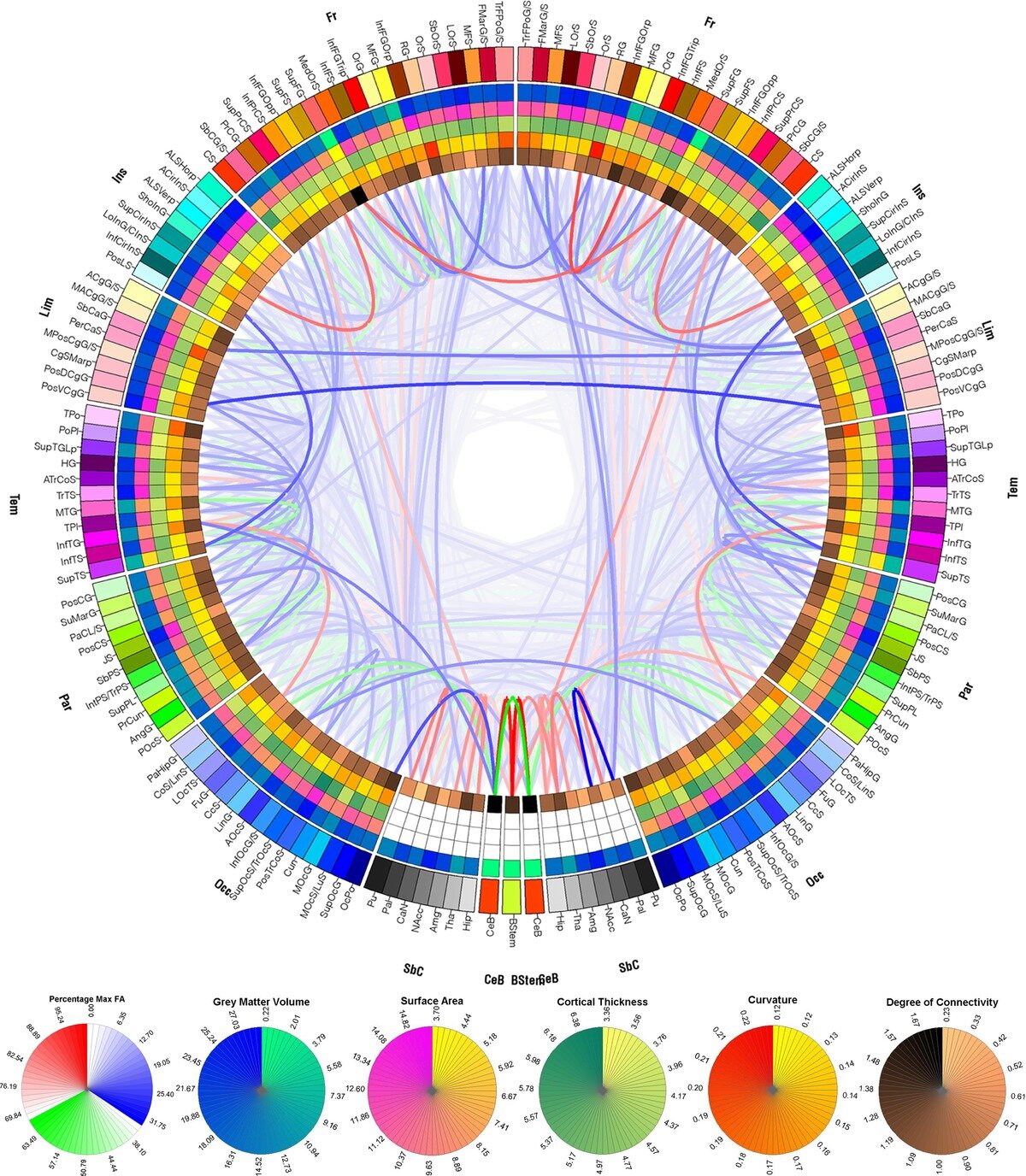
Circles are better
View fullsize
![The Last Brain Region]()
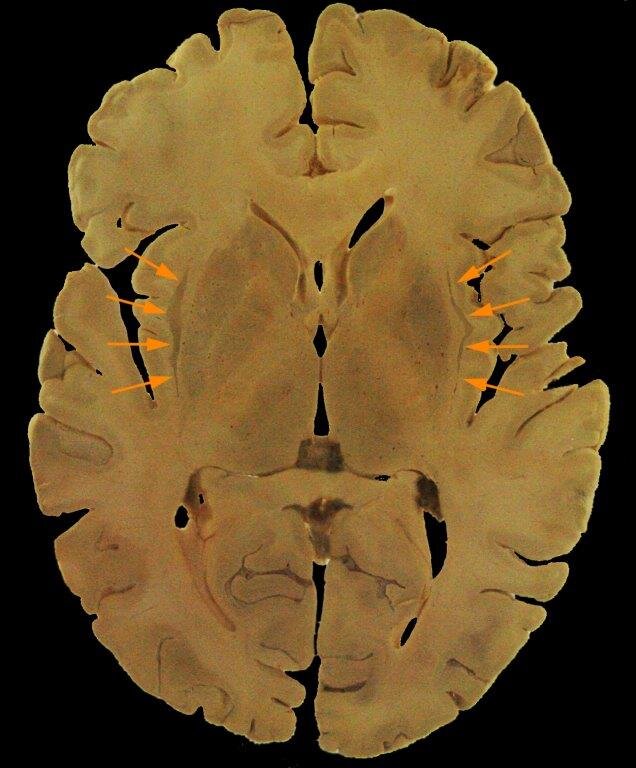
The Last Brain Region
View fullsize
![Digital Neural Organoids]()

Digital Neural Organoids
View fullsize
![Connectomics]()

Connectomics
View fullsize
![Publications]()
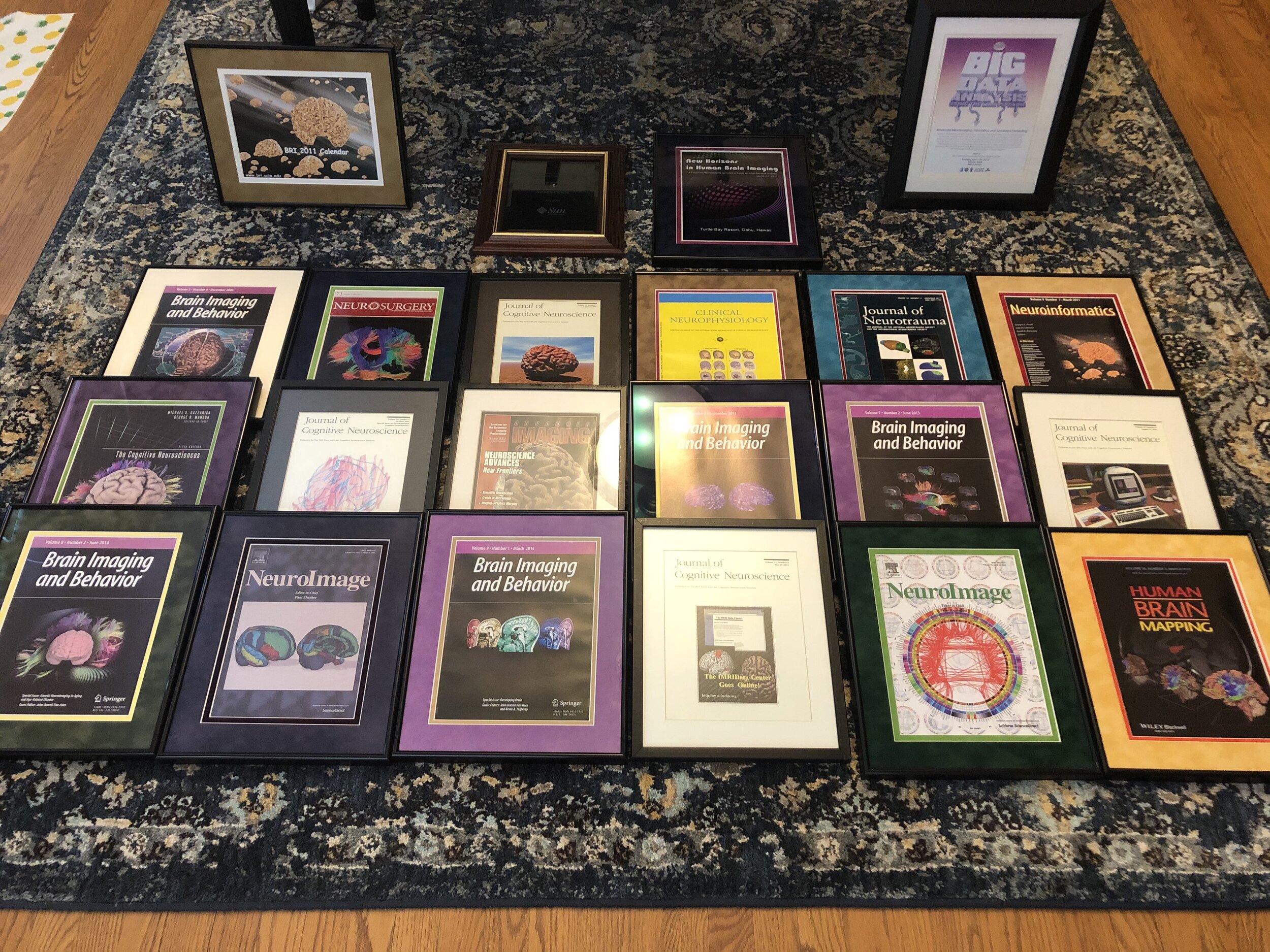
Publications
View fullsize
![Mr. Jefferson's University]()

Mr. Jefferson's University
View fullsize
![Teaching]()

Teaching
View fullsize
![Research Funding]()

Research Funding
View fullsize
![The BDSIL]()

The BDSIL
View fullsize
![Brain Mapping]()

Brain Mapping
View fullsize
![International Activities]()
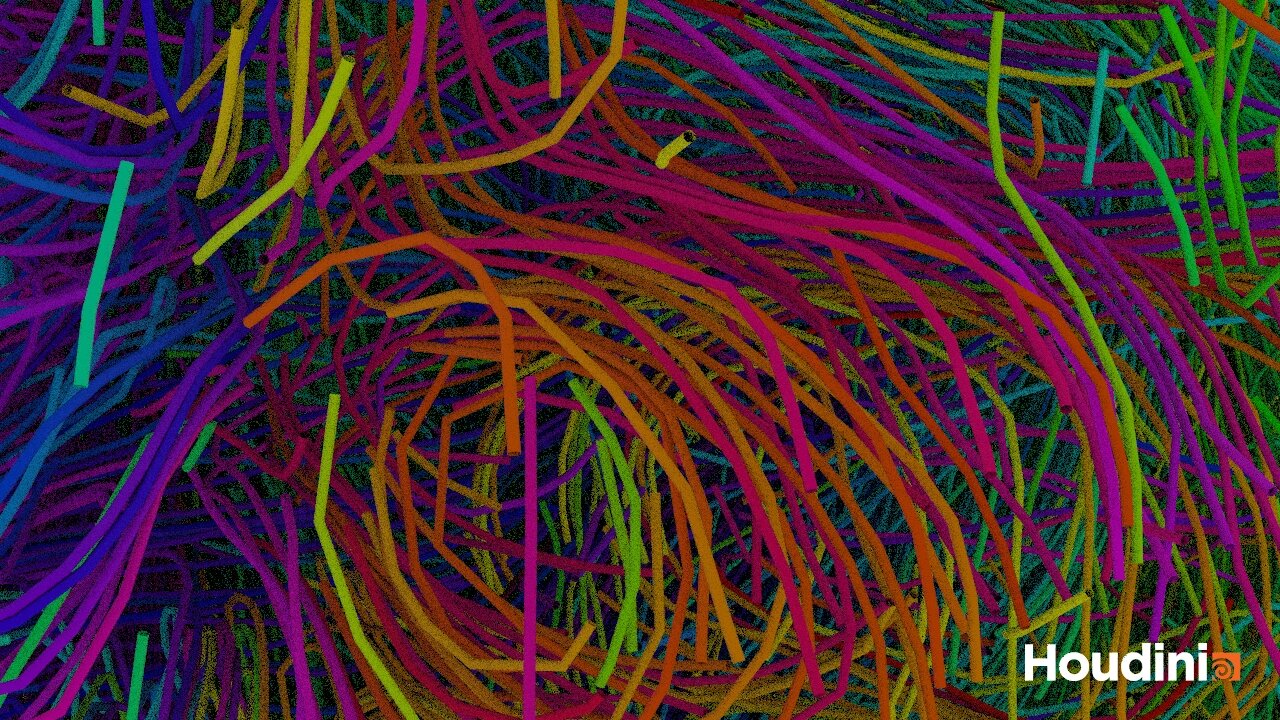
International Activities
View fullsize
![An Integrated System]()

An Integrated System
View fullsize
![Neuroinformatics]()

Neuroinformatics
View fullsize
![The Rest of the Human Connectome]()

The Rest of the Human Connectome
View fullsize
![About this guy...]()

About this guy...
View fullsize
![Lab Space]()

Lab Space
View fullsize
![Awards]()

Awards
View fullsize
![Personal]()

Personal
View fullsize
![Travel]()
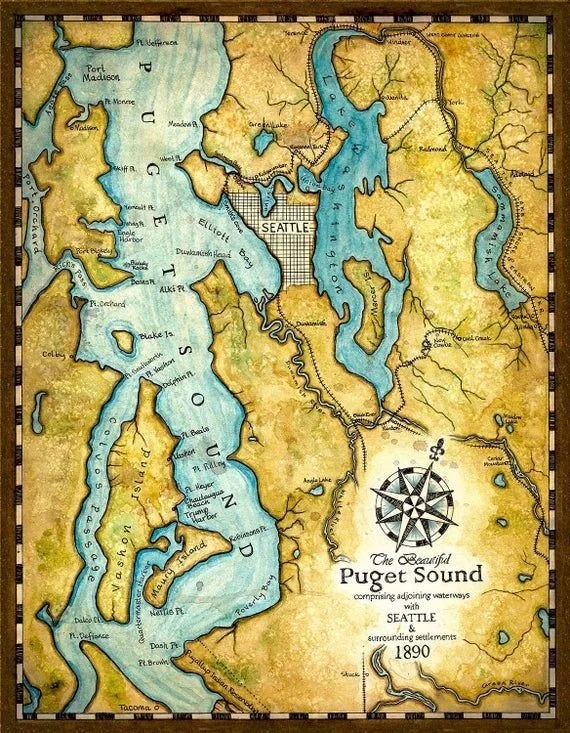
Travel
View fullsize
![Get Connected]()

Get Connected
Current and Past Team Members
Instruction
At the University of Virginia, I teach “Psych 4420: Brain Mapping with MRI”, “Psych 5500: Applications of magnetic resonance imaging"“, as well as “DS 6012/6013: Data Science Capstone Project Work (1 - 2)”.
Taken collectively, these courses allow me to communicate my excitement about the science of brain imaging and the data science it entails to both undergraduate as well as graduate students.
If you are an upper division student interested in volunteering in the lab, please complete this survey.
We are always interested in possible scientific collaborations, so do get in touch!
John Darrell Van Horn, Ph.D., M.Eng., FOHBM, Professor of Psychology and
Quantitative Foundation Distinguished Professor of Data Science
University of Virginia, Charlottesville



















